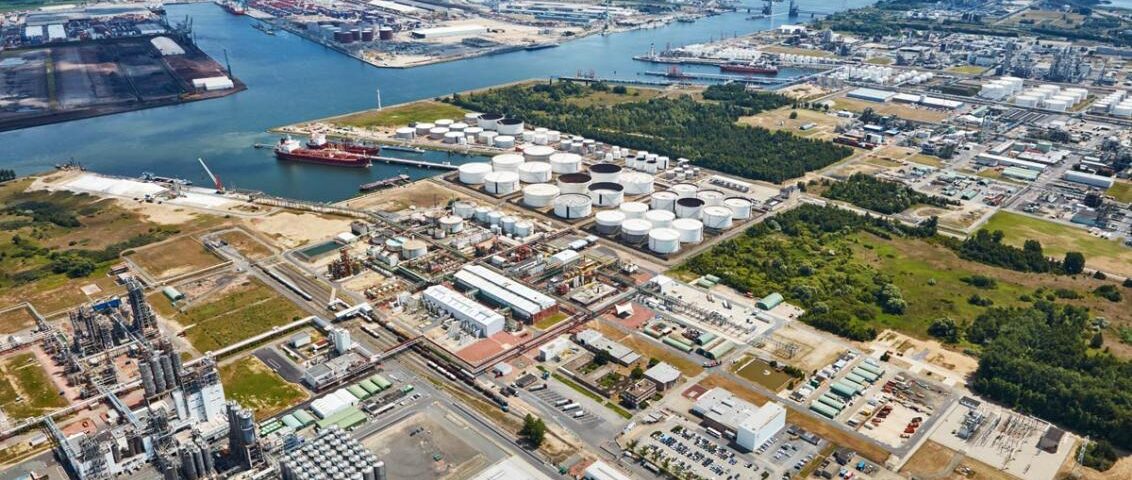 Many port (authority) managers are presently engaged in collaborative agreements with partners located in both their proximate geographic area and far beyond this area. The economic drivers of such cooperation can vary widely and include goals as diverse as an expected, stronger competitive position to attract and retain traffic flows, better access to capital, or an improved, overall control over the logistics chain. From a governance perspective, the cooperative agreements can range from top-down, government-influenced alliance formation to bottom-up, collaborative projects, and from long-term market contracting to full-fledged mergers. Much has been suggested, but little is actually known and researched about the performance outcomes of these cooperative efforts, especially in terms of overall, governance efficiency features and the related competitiveness of the economic actors and value chains or clusters involved. This book seeks to fill this dual knowledge gap.
Many port (authority) managers are presently engaged in collaborative agreements with partners located in both their proximate geographic area and far beyond this area. The economic drivers of such cooperation can vary widely and include goals as diverse as an expected, stronger competitive position to attract and retain traffic flows, better access to capital, or an improved, overall control over the logistics chain. From a governance perspective, the cooperative agreements can range from top-down, government-influenced alliance formation to bottom-up, collaborative projects, and from long-term market contracting to full-fledged mergers. Much has been suggested, but little is actually known and researched about the performance outcomes of these cooperative efforts, especially in terms of overall, governance efficiency features and the related competitiveness of the economic actors and value chains or clusters involved. This book seeks to fill this dual knowledge gap.
In order to create and capture value beyond the confines of a single company or beyond narrowly defined, geographic cluster borders, ports need entrepreneurial management capabilities that can actually foster ecoystem co-creation, in line with Pitelis and Teece (2010), Iansiti and Levien (2004), and van der Lugt and de Langen (2018). Such management capabilities allow securing the longer-term viability, growth and economic performance, in terms of value creation and capture, of individual firms, localized clusters and international value chains.
Building upon modern resource-based view thinking, applied to the port context (see for example Haezendonck et. al., 2001 and Gordon, Lee and Lucas, 2005), this book explores the underlying motivations and decision-making processes adopted by port managers, to design and establish ecosystems that may reach far beyond the conventional geographic borders of seaports, with a view to create and capture value for the long term, and taking into account the goals and aspirations of a wide array of partners and other stakeholders.
PortEconomics member Elvira Haezendonck, along with Alain Verbeke, co-edit a book on the Sustainable Port Clusters and Economic Development: Building Competitiveness through Clustering of Spatially Dispersed Supply Chains.
The editors observed that some port authorities have selected a ‘portfolio approach’, combining various forms of long-term strategic collaboration, whereas other ones have opted for a ‘staged’ approach, with increasing levels of resource commitments over time. A first stage might involve the signing of a Memorandum of Understanding (MoU), whereas the final stage might be associated with a full-fledged merger or acquisition of another economic actor in the value chain. Early collaboration efforts are typically associated with high uncertainty and steep learning curves. Over time, a stronger familiarity ensues with the other actors in the ecosystem, and the related social capital creation with ecosystem partners can then reasonably lead to higher resource commitments, albeit often (necessarily) associated with reciprocal commitments so as to avoid the ‘dark side’ of unilateral commitments (i.e., opportunistic behavior).
The organic processes described above, with escalating levels of reciprocal resource commitments, and virtuous cycles of social capital creation, often require not only formalized ‘contracting’, but also relationship-building mechanisms in governance design. Especially when they focus on relational elements in ecosystem creation, port managers become the de facto co-orchestrators of global logistics chains, often operating in concert with a variety of other co-orchestrators such as global shipping companies. Here, much in line with Kano’s (2017) analysis of value chain mapping, it is important to search for resource complementarities among ecosystem partners, so as to craft viable win-win governance approaches. If successful, ports de facto morph from system-integrators at the local or regional level, into co-orchestrators of ecoystems that are geographically much more widely dispersed.
The book is the first scholarly book to address port cluster development and collaboration options, while contains unique empirical results on which forms of integration are more likely to result in an improved competitive position and fulfills the knowledge gap sought by port managers considering port cooperation or integration options and expected outcomes.
The book is of Port Economics and Global Supply Chain Management strand of the Palgrave Studies in Maritime Economics book series.
Follow the link to find more information on the book.












